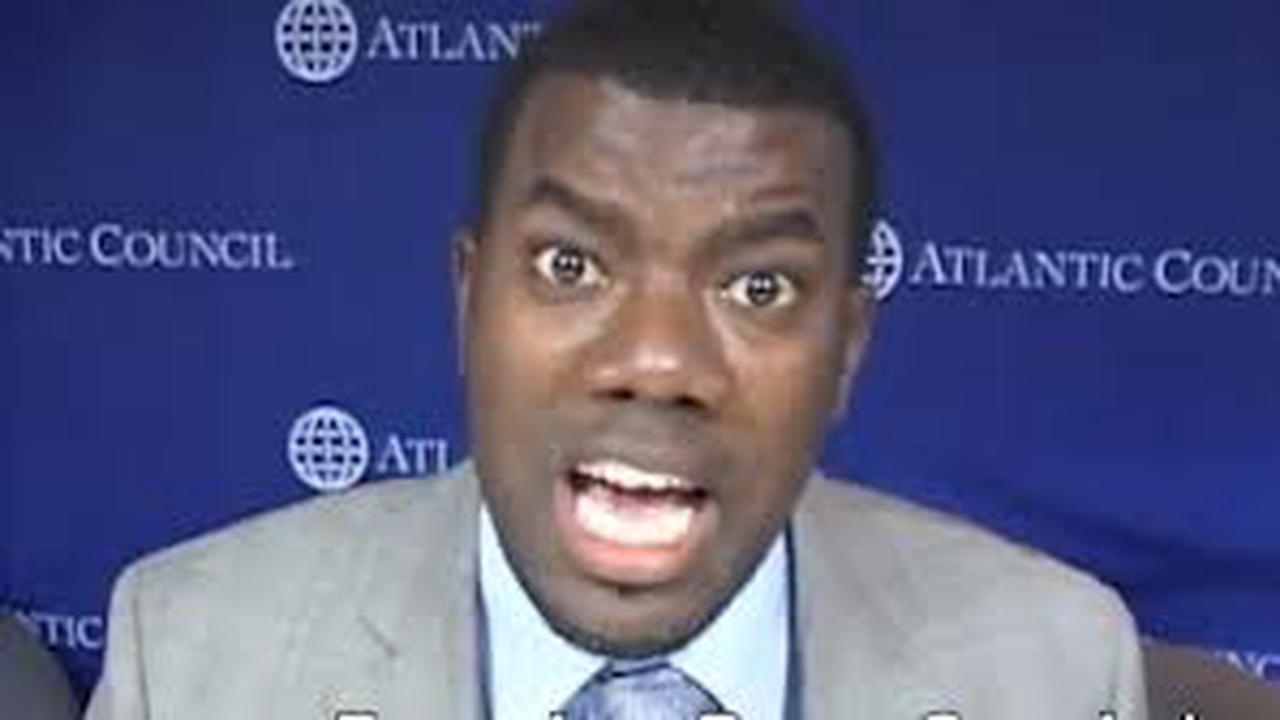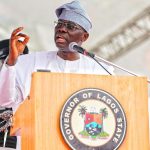
Former presidential aide to Goodluck Jonathan, Pastor Reno Omokri, has expressed his disapproval of the ongoing sit-at-home protests in the South East region of Nigeria. The self-proclaimed Biafra Prime Minister, Simon Ekpa, had previously issued a one-week sit-at-home order, compelling the Igbo population in the area to stay indoors. However, Ekpa later extended the order for an additional two weeks, claiming it would prompt the release of the leader of the Indigenous People of Biafra (IPOB).
The continuous sit-at-home directive has had adverse effects on the region’s economy, exacerbating the difficulties already experienced due to the removal of fuel subsidies. In response to these developments, Omokri took to Twitter and released an eight-paragraph statement criticizing the sit-at-home strategy and advising IPOB to abandon any further plans for such protests.
Addressing the misconception that Nigerians harbor animosity towards the Igbo people, Omokri argued that the dispersion of the Igbo population across Nigeria is evidence to the contrary. He asserted that if there was genuine hatred, such dispersion would not have occurred. He emphasized the need to focus on factual information rather than the narratives propagated by Radio Biafra, which he described as a propaganda vehicle rather than a legitimate news station.
To support his argument, Omokri highlighted instances where the Igbo community thrived and received support from other Nigerian ethnic groups. For instance, he mentioned that an Igbo man had triumphed over a Yoruba strongman in a Lagos election. He also cited Alaba Market in Lagos, which generates an impressive annual revenue of $4 billion for the Igbo people. Omokri contended that these examples showcased the goodwill and cooperation extended towards the Igbo community.
Continuing his advice to the Igbo population, Omokri proposed the transformation of IPOB into a political party and cautioned against subscribing to violence or engaging in inhumane acts. Drawing a parallel with the Irish Republican Army’s transition into Sinn Féin, he suggested that IPOB could follow a similar path and gain political power in the Southeast region through democratic means. He believed that by doing so, they could establish a prosperous society that would even garner support from other Nigerians, potentially resulting in the election of IPOB party members into significant political positions.
In conclusion, Omokri highlighted the abundance of evidence demonstrating love and acceptance of the Igbo people within Nigeria, urging them not to be swayed by those enforcing the sit-at-home order through violent means. He encouraged the Igbo community to reject violence, play their cards strategically, and work towards achieving their goals peacefully and democratically. Omokri reassured them that such a constructive approach would likely lead to the release of Nnamdi Kanu, the leader of IPOB.





Comments are closed.